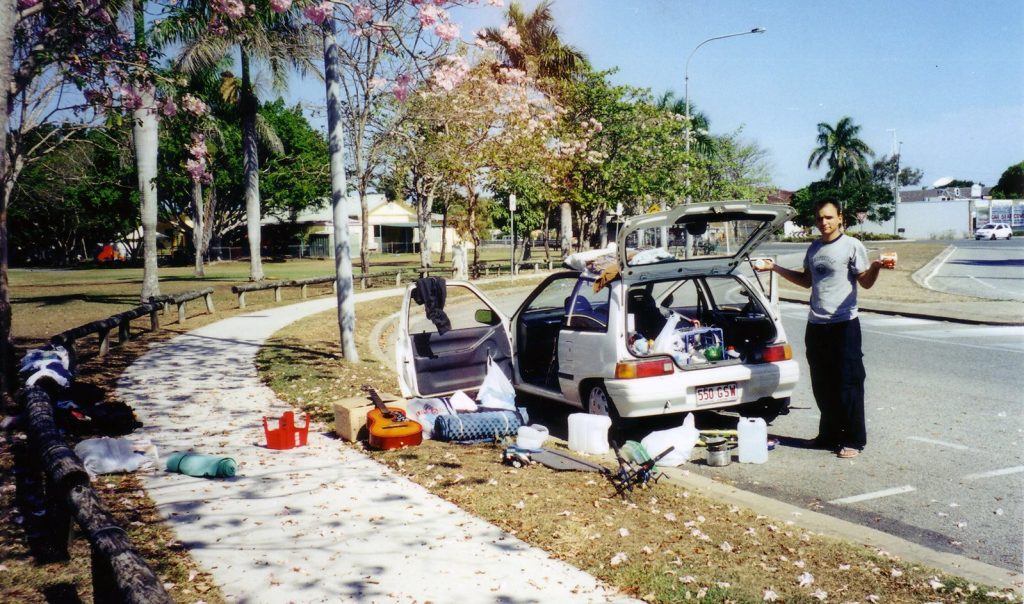21
Nov
Moving abroad is a vast undertaking that requires careful planning. The following schedule and checklist from Cheap Movers Brooklyn (website) should help you with this endeavor:
Three months before the move
- Make the needed travel arrangements like booking a flight or train.
- Visit the US State Department’s website to check your new country’s requirements in terms of passports, visas, vaccinations, etc.
- Make sure everybody has valid passports and visas.
- Get an International Driving Permit, for most countries don’t accept US driver’s licenses. You can get the IDP through the American Automobile Association (AAA) or the American Automobile Touring Alliance (AATA).
- Get any needed vaccinations for both humans and pets. Ask the doctors and veterinarians to use international record booklets and forms.
- If you have school-age kids, ask their school(s) to provide transfer certificates and other needed paperwork.
- Assemble other important paperwork like birth certificates, tax information, and medical records. Make hard copies and computer files.
- If you own your house, put it on the market. If you rent your home, talk to your landlord.
- Get quotes from at least three different international moving companies.
- Check your new country’s rules regarding pet relocation and quarantine if you have pets.

Two months before the move
- Contact your bank and let them know you are moving to another country.
- Establish internet banking if you haven’t already done so.
- Ask your bank to help you establish direct deposits for any regular payments like loans or retirement funds you expect to continue to make while away.
- Schedule one last medical check-up for both people and pets. Ask for any remaining medical records.
- Look up information about any prescription medication you take. It may have a different name, or there may be an equivalent medication available.
- It may take you time to find a new doctor and pharmacist, so start stocking up on medications you know you will need, including prescription medications, allergy medication, Pepto Bismo, and ibuprofen.
- Contact the post office to begin having mail sent to your new address.
- Sort through all your possessions and divide them into four categories: keep, sell, donate or throw away. Further, subdivide the “keep” pile into things that you will ship and things that you will take along in a suitcase.
- Start selling items.
- Arrange for any minor repairs on your current home.
- Check the type of adaptor your new home uses to determine what to do with any appliances; in many cases, it is less expensive to buy new appliances in your new home.
One month before the move
- Contact various utilities and services like gas, electric, telephone, newspaper, and cable television to discontinue your service or change the name on the bill if you’ve decided to rent your old home.
- Pack up your home.
- Make sure people have your forwarding address.
- Pay all remaining bills. You may want to give some money to a relative or friend to pay for anything you missed.

Moving Day
- Check all your rooms and cupboards to make sure you haven’t forgotten anything.
- If you’re shipping anything, ask the company for an approximate delivery date.
- Make sure you’ve packed all essential items in your suitcases, for you will be living out of these until you get your shipment.
- Say your last good-byes.


